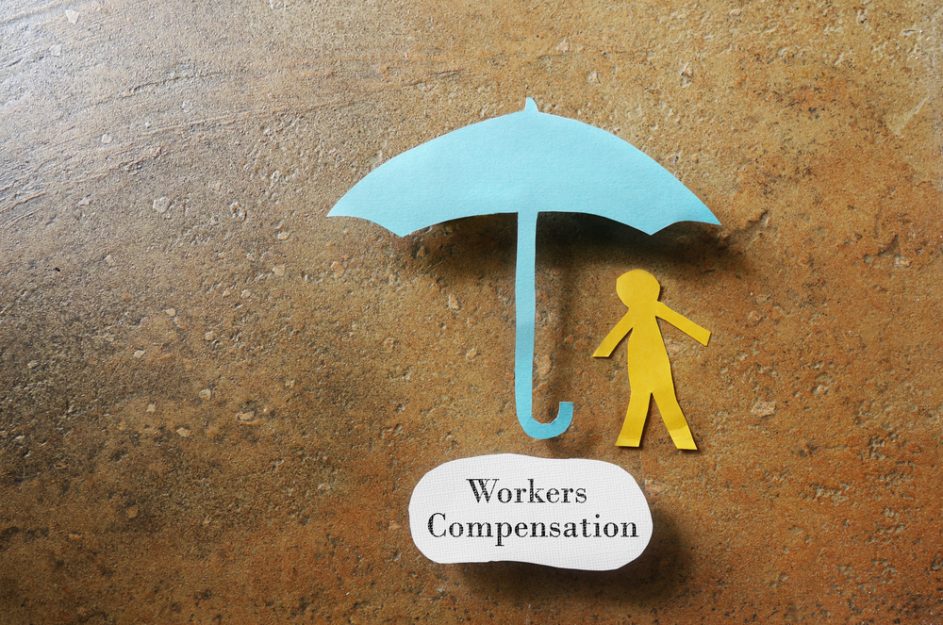Exploring the Significance and Implications of Section 323 IPC

Introduction
In the intricate fabric of legal systems, every section and statute holds a specific purpose and meaning. Section 323 of the Indian Penal Code (IPC) is one such provision that addresses a crucial aspect of physical harm and injury. This article delves into the nuances of Section 323 IPC, its scope, implications, and the legal principles that underpin its application.
Understanding Section 323 IPC
It is a fundamental provision within the Indian Penal Code that pertains to the offense of causing hurt. It reads. Whoever, except in the case provided for by section 334, voluntarily causes hurt, shall be punished with imprisonment of either description for a term which may extend to one year, or with fine which may extend to one thousand rupees, or with both. In simpler terms, the section criminalizes the act of intentionally causing hurt to another person. The harm need not be of a grievous nature; even minor injuries fall under the purview of this section.
Scope and Implications
The significance of IPC Section 323 lies in its ability to address a wide range of situations where harm or injury is caused intentionally. It serves as a crucial deterrent against physical altercations and acts as a basis for legal action when conflicts escalate into physical harm.
The implications of Section 323 IPC are manifold:
- Degree of Harm: The section encompasses a spectrum of harm, from minor injuries to more severe ones. This inclusiveness ensures that society holds perpetrators of various degrees of harm accountable.
- Criminal Liability: Section 323 IPC imposes criminal liability for causing hurt intentionally. This underscores society’s recognition of the importance of bodily integrity and personal safety.
- Punishment: The prescribed punishment includes imprisonment for up to one year, a fine, or both. The flexibility in sentencing allows courts to tailor punishment to the severity of the offense.
- Deterrence: By criminalizing intentional harm, the provision acts as a deterrent against engaging in physical altercations or causing injuries.
- Exception: The section grants an exception in cases where individuals cause hurt while exercising the right to self-defense or the defense of others. This recognizes the importance of protecting oneself and others from harm.
Legal Principles and Case Law
Legal principles and precedents guide the interpretation and application of Section 323 IPC. Courts consider factors such as the intention behind the act, the extent of the harm caused, and the circumstances surrounding the incident. Landmark cases, such as R. v. Clarence” and Magan bhai v. State of Gujarat,” have contributed to the jurisprudence surrounding the section. These cases have helped define the boundaries of liability, especially when it comes to establishing the intention to cause harm.
Conclusion
Section 323 IPC plays a pivotal role in maintaining order and ensuring that individuals are held accountable for intentionally causing harm to others. It underscores the importance of personal safety and well-being in society. while the provision addresses a wide range of harm, legal principles and precedents guide its application to ensure fairness and justice. In understanding and appreciating the significance of 323 Section IPC, we acknowledge the legal system’s role in safeguarding physical integrity and promoting responsible behavior within the community.




